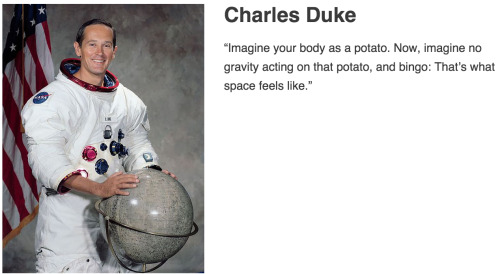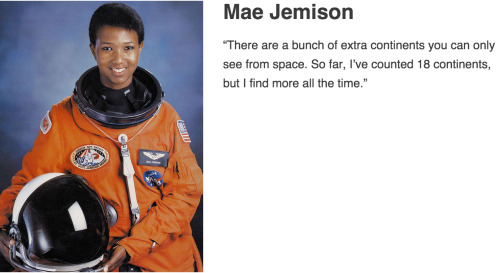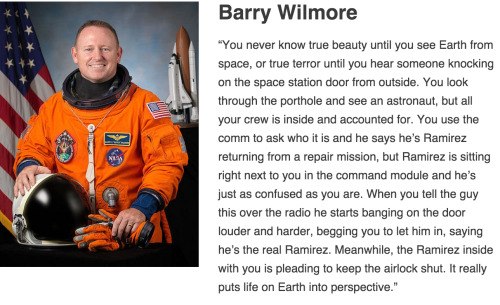Astronomyandgalaxies - GalaxyBrain

More Posts from Astronomyandgalaxies and Others

The Star Cluster NGC 602
A image of star cluster NGC 602 from Chandra & NASAWebb is about 175 light-years across and it sparkles with the light from thousands of stars.
The star cluster NGC 602 lies on the outskirts of the Small Magellanic Cloud, which is one of the closest galaxies to the Milky Way, about 200,000 light-years from Earth. The stars in NGC 602 have fewer heavier elements compared to the Sun and most of the rest of the galaxy. Instead, the conditions within NGC 602 mimic those for stars found billions of years ago when the universe was much younger.
This new image combines data from NASA’s Chandra X-ray Observatory with a previously released image from the agency’s James Webb Space Telescope. The dark ring-like outline of the wreath seen in Webb data (represented as orange, yellow, green, and blue) is made up of dense clouds of filled dust.
Credit X-ray: NASA/CXC; Infrared: ESA/Webb, NASA & CSA, P. Zeilder, E.Sabbi, A. Nota, M. Zamani;
Image Processing: NASA/CXC/SAO/L. Frattare and K. Arcand.
Release Date December 17, 2024.

The Lonely Neutron Star in Supernova E0102 72.3
Credits: NASA, CXC, ESO, F. Vogt et al., ESO, VLT, MUSE, NASA, STScI
The North American Nebulae


Syd Mead, space station concept art, c. 1970s.
openin’ the door to the microwave one second early because you don’t need all the hootin’ and hollerin’



Launch of Gemini 6 Titan II (SC6/GLV-6 12561) from Launch Complex 19. "The Gemini VI, scheduled as a two-day mission, was launched from Pad 19, carrying astronauts Walter M. Schirra Jr., Command Pilot, and Thomas P. Stafford, Pilot. Gemini VI rendezvoused with Gemini VII, already orbiting the Earth."
Date: December 15, 1965
NASA ID: KSC-65PC-0161, S65-44293, S65-59987

Adhesive color plates for Science Services’ Science Program series booklet Man in Space. Nelson Doubleday - 1965.

V838 Monocerotis
V838 Monocerotis, often referred to as V838 Mon, is a red variable star located in the constellation Monoceros.
It gained significant attention in early 2002 when it underwent a dramatic outburst, increasing in brightness by several magnitudes. This event was unusual because it was not a typical nova or supernova; instead, it was classified as a "light echo" phenomenon.
Credits: NASA and the Hubble Heritage Team (AURA/STScI)









